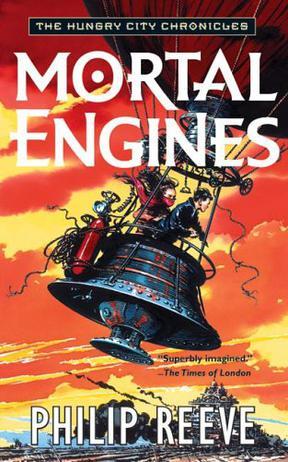
Rating: ★ ★ ★ ☆ ☆
Date read: July 16 to 23, 2018
This book gets a solid OKAY from me: good for young adult, but just fine overall. There was one thing about it that I couldn’t get behind, and that one thing got in the way of my enjoyment. More on that below.
Generally speaking, this writing was too young for me, but this time I say that as an observation, not a critique, because it’s written/meant for a younger audience (middle-grade level). Readers who enjoy YA would enjoy it as well, but the writing gave me that feeling that it was written with young readers in mind. Almost everything about it was geared toward young readers, from the young wholesome protagonists who are eager to throw themselves into the fray, to their fight to overthrow a corrupt system, to their grand magnanimous ideals, to the industrialized dystopian setting, to the bleak look at an environmentally devastating future, to the mustache twirling villains, to the non-stop action, and the list goes on, right into the spoilers. So I’ll stop listing things here.
I would recommend this book to young readers and anyone looking forward to seeing the movie adaptation. It’s a little violent for YA, with some characters getting killed rather graphically, but the ideas and visuals and hydraulics this book inspire will look incredible on screen.
To get to that one thing that took me out of the story, I have to explain a little about the set-up. The conceit, Municipal Darwinism, is really interesting. The execution, though, is… not as interesting. Municipal Darwinism is basically big cities consuming smaller cities. Once consumed, the smaller cities get broken into parts and their resources are used to fuel the bigger cities. The people who are consumed either assimilate and resettle in the new city or they are enslaved; it all depends on how “ethical” the cities doing the consuming are.
Not all big cities are predators though. A few of them are peaceful, and survive by trading with smaller municipals. (I find them more interesting than the predators and wanted to find out more about them, but this story’s focus is on predator cities.)
“It was a dark, blustery afternoon in spring, and the city of London was chasing a small mining town across the dried-out bed of the old North Sea.”
These cities aren’t just cities stuck on land, though. They’re traction cities. Yeah, that’s right, they can move. They can run actually. Up to 100 km per hour, if I remember correctly. Yeah… This was where the book lost me. I could not imagine a city the size of London running around the world eating almost everything in sight at roughly 60 to 100 km per hour. I mean, the weight it carries alone would snap its appendages clean off every time it tries to move forward. Unless, somehow, the atmosphere is less dense and/or gravity is no longer a thing in this world… I don’t know. I could imagine everything this book threw at me, everything but cities running around on traction.
Apparently not being able to buy into this one thing unravels the whole book because I found the rest of the story hard to take in while I tried to work out how London was racing across the world, gulping down other cities.
I went through the same thing with Updraft by Fran Wilde. The ideas introduced–bone towers and flying contraptions–were really interesting, but the ways in which they were incorporated into the story and dystopian setting didn’t make much sense to me, and that took me right out of the world the author tried so hard to create. And once it lost me, I could not get back into it.
So that was my stumbling block for Mortal Engines. Wish I could have liked it more because it’s got four more books in the series, and I love series (but I love solid world building more). So not dismissing these books completely, just gonna put it on the maybe list for now.
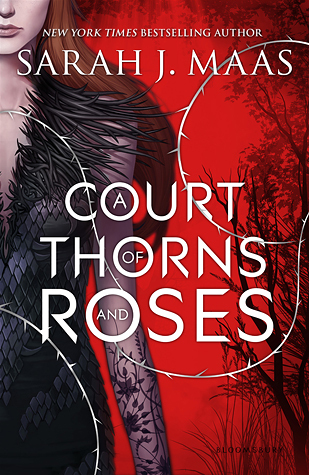



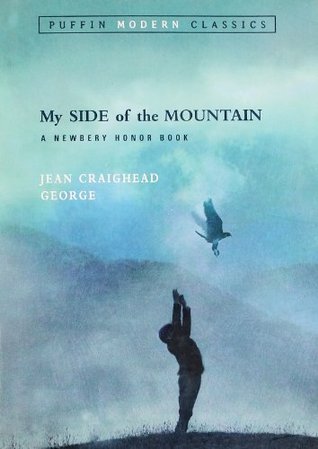
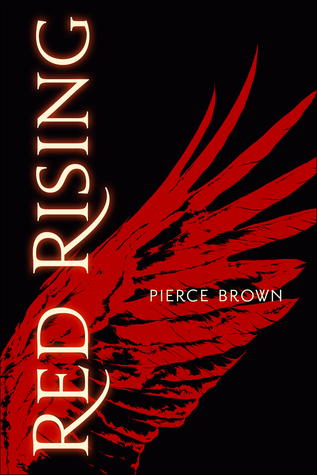

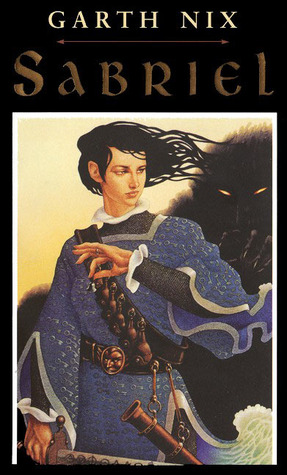
You must be logged in to post a comment.